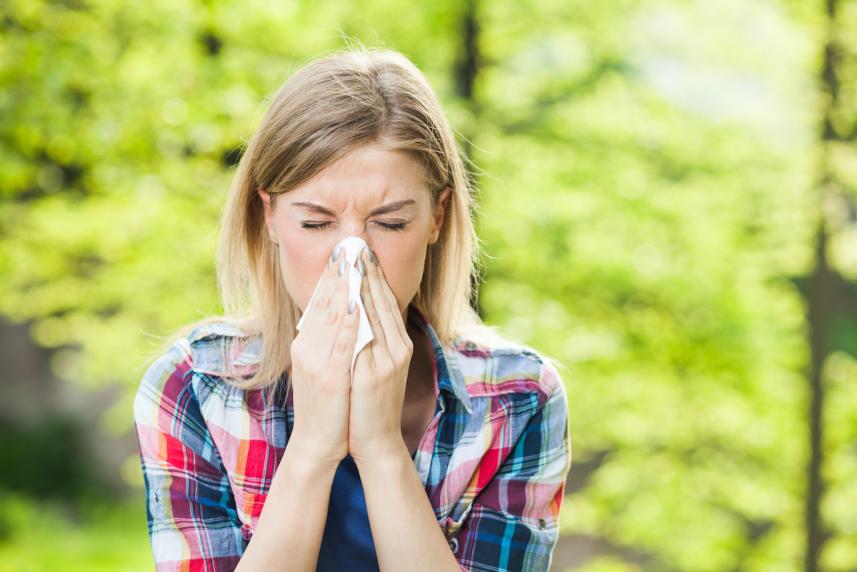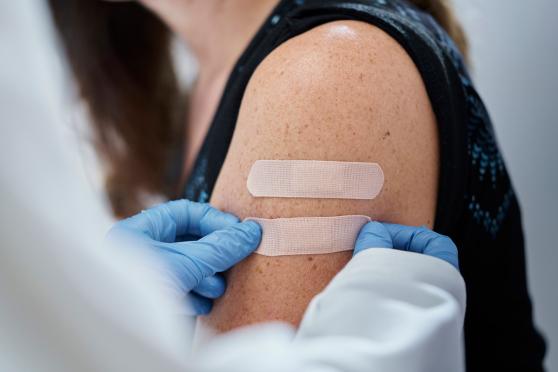Simple ways to relieve seasonal allergies
Breathe better with these expert tips.

If spring brings itchy eyes, sneezing or a stuffy nose, you could be experiencing hay fever or allergic rhinitis. Outdoor allergy season can start as early as March and last through late October. Grass, pollen, ragweed and mold are common outdoor allergens. Avoid triggers and ease symptoms with these tips from Jonathan Bernstein, M.D., associate professor of Internal Medicine, Immunology and Allergy at the University of Cincinnati.
Know these symptoms
When a person with allergic rhinitis breathes in an allergen, the body releases chemicals that cause allergy symptoms. Symptoms vary from person to person, but can include:
- Itchy eyes
- Sneezing
- Runny or stuffy nose
- Sleepiness
- Trouble breathing
Understand your triggers
To get relief that’s tailored for your allergy symptoms, it’s best to talk to your health care provider or an allergist. He or she may suggest skin testing, which can indicate how sensitive you are to particular allergens. “Your allergist will need to compare the skin test with your history and symptoms of exposure to get a better idea of your allergy triggers,” Dr. Bernstein says.
Ask about medications
Your doctor may recommend different treatments based on your triggers. One of the most effective treatments is allergy shots, which help your body better respond to allergens. Your doctor may also prescribe a nasal steroid or recommend an over-the-counter antihistamine nasal spray to relieve sneezing and a runny nose. If your eyes itch, your doctor may suggest eyes drops with antihistamines. If you’re having an allergy attack, your doctor may recommend an antihistamine.
Keep outdoor allergens out
Allergens can travel through the air. Keep windows closed and use an air conditioner instead to keep pollen out. If you’ve been outdoors, shower and wash your hair at the end of the day so you don’t bring pollen to bed. On dry and windy days, there is likely to be more pollen in the air, so limit your time outdoors and be prepared with any medication.
Minimize indoor allergies, too
Some people with outdoor allergies also react to indoor allergens, including pet dander, dust mites and cockroaches. To reduce indoor allergy exposure, use these tips from Dr. Bernstein:
- Wash bedding often and in hot water.
- Use allergen-proof encasements on mattresses and box springs.
- Vacuum one to two times a week.
- Keep pets out of your bedroom, and consider using a HEPA filter to clear the air.
- Maintain 30 and 50 percent humidity indoors.


